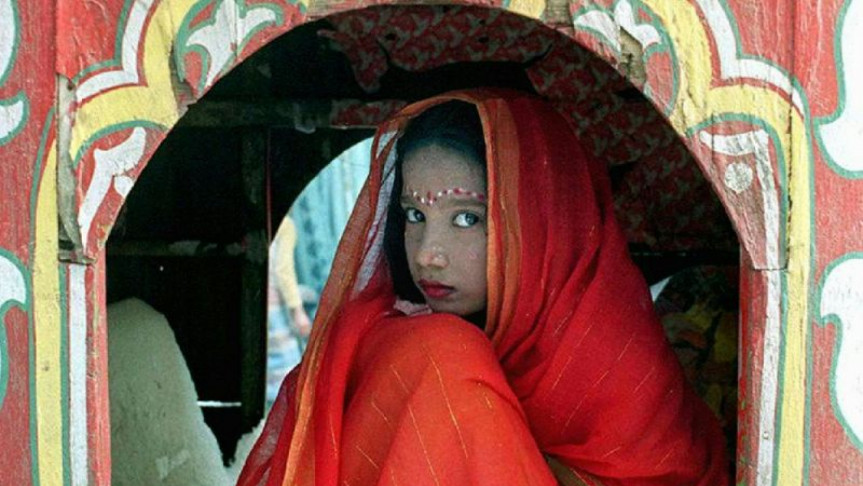Stand against bill on child marriage

Dhaka: The Human Rights Watch (HRW) has called upon the members of Bangladesh’s parliament to stand against a new bill which’ puts girls at high risk of child marriage.’
Senior researcher of HRW’s Women Rights Division Heather Barr in her article published on it website on Thursday said Bangladesh steps huge backwards as its cabinet approved a draft bill that poses high risks to girls.
She said Bangladesh’s parliamentarians have a crucial responsibility ahead of them: kill a proposed law putting girls at greater risk of child marriage, or buckle under political pressure.
On November 24 last, the cabinet in Bangladesh approved draft legislation that poses grave risks to girls by creating vague exceptions to the country’s ban on child marriage, and even punishing the victims, she said..
Bangladesh has one of the highest rates of child marriage in the world, and the highest rate in Asia. Fifty-two percent of girls in Bangladesh marry before age 18, and 18 percent are married before they turn 15, said the article.
The current law permits marriage after the age of 18 for women and 21 for men, with no exceptions. However, the new draft law reportedly says child marriage below age 18 will be permitted in “special circumstances, such as accidental or unlawful pregnancy.” The draft does not set any minimum age for such “exceptional” marriages.
This is a major step backward. Although Bangladesh’s law on child marriage was widely ignored, the existence of a strict law meant the focus was on enforcement. Weakening the law is a setback for the fight against child marriage, and sends a message to parents across the country that the government thinks child marriage is acceptable in at least some situations, it said.
It is also difficult to know just what is meant by “unlawful pregnancy.” It suggests the law could lead to a situation where girls who have been raped are forced to marry their rapist, said the article.
The next step is for the draft law to go to the parliament, expected in the coming weeks. Outcry against the draft law in the Bangladesh press and civil society has been fierce. Bangladesh’s parliamentarians now have a crucial chance to stand up for girls, where the prime minister has failed to do so, it added.





